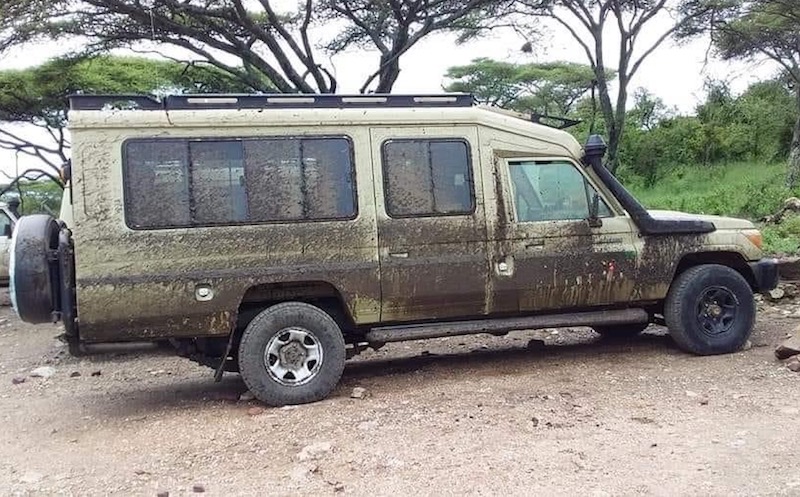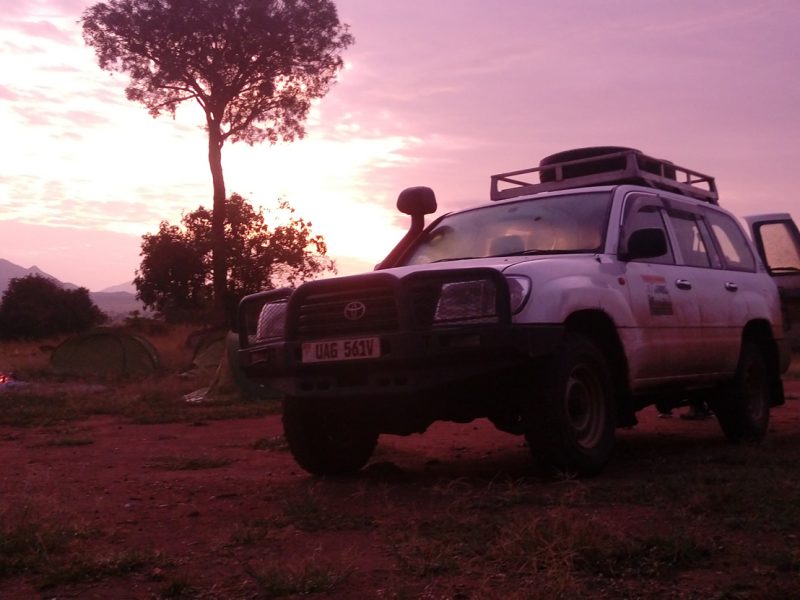
A Practical Guide to Hiring a Car in Uganda
Navigating Uganda’s beautiful landscapes and bustling cities is often most enjoyable with the flexibility of a personal vehicle. Whether you are planning a safari trip to see the famed mountain gorillas, or simply exploring the urban sights in Kampala, hiring a car in Uganda can be an advantageous decision. Here’s a practical guide to help you navigate the process.
Pre-Trip Research
Before your trip, conduct in-depth research on the various car hire services available in Uganda. Many websites offer information on the types of cars available, rental prices, and other pertinent details. Consider your specific needs – will you need a 4×4 for rough terrain? Or a more fuel-efficient vehicle for long Uganda road trips? Understanding these needs will guide your choice.
Moreover, read customer reviews of various car hire services. This can help you understand the service quality, reliability, and customer experience of each provider. Remember to cross-check prices from different companies to ensure you’re getting a good deal.
Check the Rental Requirements
In Uganda, car rental companies generally require drivers to be at least 23 years old with a valid driving license. If you’re a foreigner, an international driving permit (IDP) alongside your home country’s license is mandatory. Additionally, some companies may require a copy of your passport and proof of your flight return ticket.
Understanding the Cost
Most car hire services in Uganda offer a daily rate, which typically includes unlimited mileage. However, this rate might not include fuel, so budget for this separately. It’s also worth noting that prices may vary depending on the vehicle’s size, brand, or whether it’s a 4×4 or not.
Moreover, confirm if there are any hidden charges like booking fees, insurance, taxes, or additional driver fees. Some rental companies might also require a refundable deposit at the start of the rental period. Always ask for a comprehensive quote covering all costs to avoid unpleasant surprises.
Insurance
Car hire companies in Uganda usually provide basic insurance coverage in their rental cost. This can include collision damage waiver (CDW), theft protection, and third-party liability. However, there might be an excess (deductible) you’ll have to cover in case of an accident or theft. It’s worth considering excess insurance to cover this cost.
Do check with the company about what their insurance covers and clarify any doubts. Some damages like windscreen, tires, or underbody may not be included. Also, check your travel insurance to see if it provides any additional coverage.
Inspecting the Car
Before you take off, thoroughly inspect the car for any pre-existing damage and ensure they are recorded by the company. Check the functionality of everything from the lights, windscreen wipers, air conditioning, to the brakes. Also, ask for a demonstration of any unfamiliar features.
Know the Traffic Rules and Road Conditions
Uganda’s road network is generally in good condition, but some rural areas can have rough, unpaved roads requiring a 4×4.
Driving is on the left-hand side of the road in Uganda. Be aware of local traffic rules and speed limits (usually 50km/h in built-up areas and 100km/h on highways). Seat belts are compulsory, and using a mobile phone while driving is prohibited unless with a hands-free device.
Road signs are international, but road discipline can be lax, with erratic maneuvers, overloaded vehicles, and pedestrians on the roadway. Stay alert, especially when driving at night.
Car Breakdowns and Emergencies
In case of a breakdown or accident, it’s important to have your car hire company’s emergency number. They can provide immediate assistance or guidance on what to do next.
It’s also a good idea to have the numbers of local emergency services. The general emergency number in Uganda is 112 or 999.
Return the Car
Return the car on time to avoid any extra charges. Make sure it’s clean and the fuel level matches the company’s policy – some require a full tank upon return. Also, ensure all damages, if any, are documented to avoid disputes.
Be Aware of the Scams
Scams are not common, but it’s good to be aware. Some scams may include being charged for damages you didn’t cause or fuel levels not being accurately reported. Stick with reputable car hire services, review all documentation carefully, and insist on clear terms to avoid these pitfalls.
Remember, hiring a car in Uganda is an exciting opportunity to explore this beautiful country at your own pace. With a bit of planning and consideration, it can be a smooth and hassle-free experience. Happy travels!


